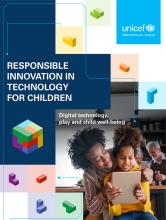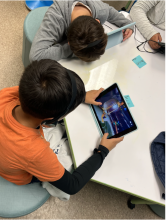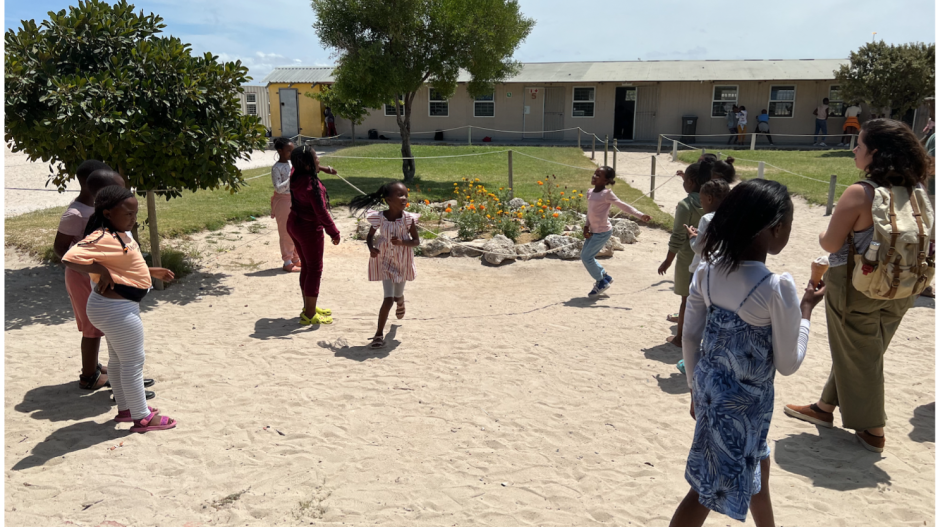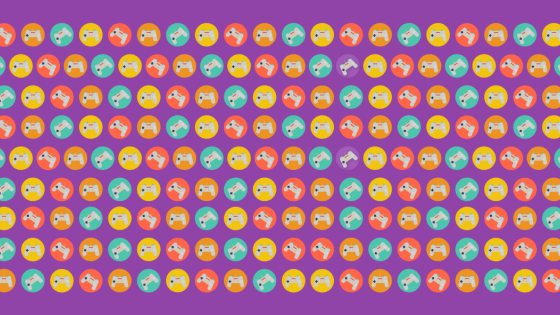

What does well-being for children in the digital age look like? Can we design digital experiences that allow children to learn emotional regulation, develop competence and creativity, feel empowered and self-actualized, and connect with others in a diverse, equitable and inclusive environment, while also keeping them safe? To address these questions, UNICEF and the LEGO Group have initiated the Responsible Innovation in Technology for Children (RITEC) project, which aims to develop a framework in collaboration with children from around the world to map the impact of digital experiences on children's well-being and to provide guidance as to how informed design choices can promote positive well-being outcomes.

Phase 1 of the project, completed by UNICEF Innocenti and Western Sydney University, yielded insights about children’s well-being and digital play, collected through workshops with over 300 children from 13 countries and analysis of existing survey data from 34,000 children aged 9-17 across 30 countries. These insights presented in the first-phase report prioritize the voices of children and form the basis for the interim framework and accompanying indicators.
Phase 2 of the project involves empirical validation of the findings from the exploratory research, conducted by the CREATE Lab in partnership with the Graduate Center, City University of New York, University of Sheffield, and the Australian Research Council Centre of Excellence for the Digital Child. The teams observe 8 to 12-year-old children's digital gameplay experiences across multiple countries and assess to what extent play affects specific factors of the well-being framework. The work includes eco-culturally informed home visits, lab-based observational and psychophysiological studies, and experimental studies in different cultural settings.
In Spring 2022, the CREATE Lab at New York University and the Child Lab at the Graduate Center, City University of New York, completed playtesting research that evaluated the potential impact of several commercial off-the-shelf mobile games on well-being dimensions, arriving at a deeper understanding of appropriate games for use in the subsequent experimental study.
From Fall 2022 to Spring 2023, the teams will conduct longitudinal experiments across three countries, the United States, South Africa, and Chile, focusing on establishing the effects of digital gameplay on dimensions of well-being in 8-12-year-old children. The results will provide experimental validation of the interim well-being framework developed in Phase 1.
Once research results from phase have been finalized, we will in Phase III of the project disseminate the wellbeing framework along with a set of empirically validated design features that support aspects of child wellbeing. We will also make available a final set of indicators and measures that companies can use both to help guide their design processes and to begin to assess the impact of their digital experiences on child well-being.

Funder Info
- PIs: Jan L. Plass, Bruce D. Homer
- Lead RAs: Fabian Froehlich, Jessica Young, Meagan Bromley, Yuli Shao
- Funder: The LEGO Foundation

